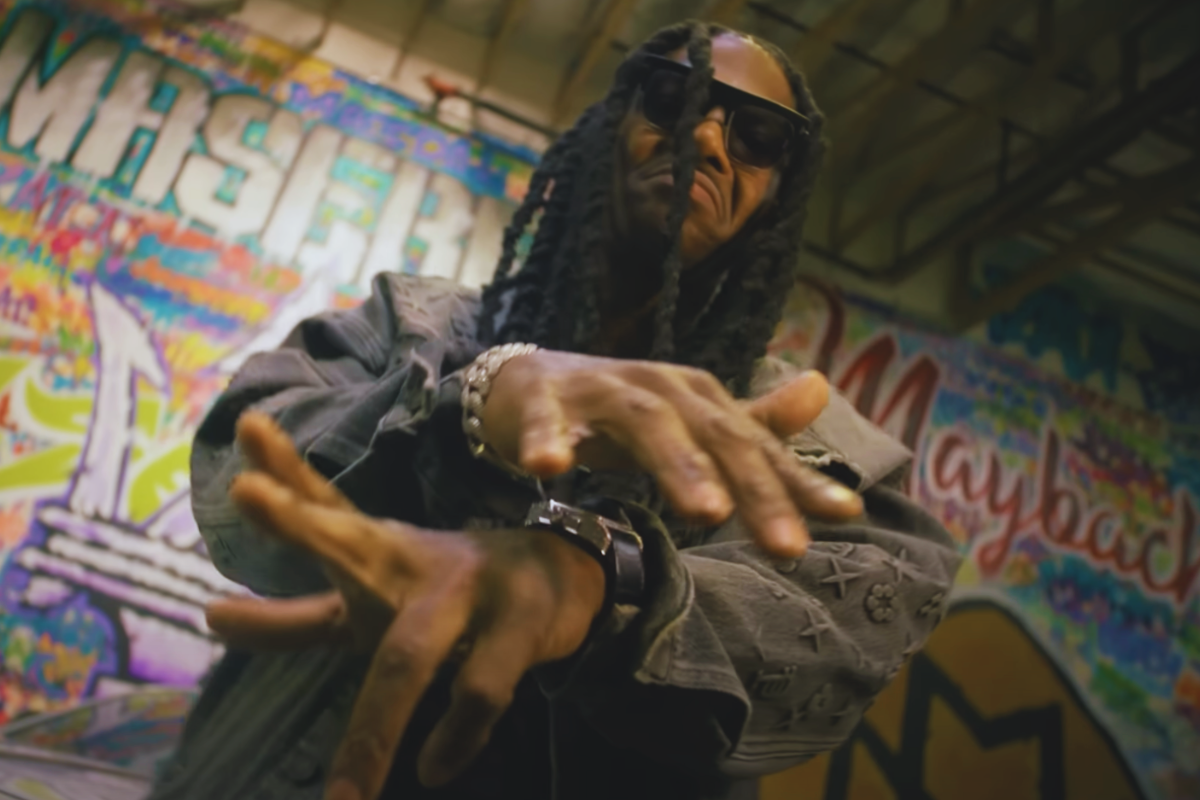The United States government has accused rapper B.G. of violating his probation by glorifying gangsters and murderers in his lyrics. Now, they are seeking to modify his supervised release conditions, including a requirement for B.G. to submit all of his lyrics for approval before they are published.
B.G., whose real name is Christopher Dorsey, was sentenced to 120 months in prison in 2012 for being a felon in possession of a firearm and obstruction of justice. He was released on supervised release in September of 2023, but the government claims he’s violated the terms of his release by associating with known felons and engaging in self-employment without court approval.
B.G., known from his Hot Boys fame, was arrested in Las Vegas in March for breeching the terms of his supervised release from prison. He had performed with Boosie Badazz at a concert without securing the necessary written approval required under his parole for self-employment activities.
His appearance onstage wasn’t the only issue; B.G.’s recent collaboration on the album Choppers & Bricks with Gucci Mane also violated parole stipulations that prohibit him from interacting with convicted felons.
United States Attorney Maurice E. Landrieu Jr. argues that B.G.”s recent music videos and songs glorify violence drug dealing, and threaten those who cooperate with law enforcement. The government contends that his behavior is inconsistent with the goals of supervised release, which include rehabilitation and becoming a responsible, law-abiding member of society.
Landrieu highlights specific lyrics and scenes from B.G.’s recent songs and videos that the government believes promote a culture of violence and despair. He claims B.G. is back to his old ways, glorifying murder, drug dealing and cooperating witnesses in songs like “Say My Grace” and “Waaaahhhh! The Comeback Kid,” among others.
According to Landrieu, B.G. is out of pocket for giving props to Telly Hankton and Walter Porter, aka “Mooney,” who were smacked with RICO charges for killing off their rivals and other crimes.
The government also points out that B.G.’s music has previously been linked to criminal activity, including murders committed by individuals associated with him.
To address these concerns, the government is requesting that B.G. be ordered to appear before the court for a hearing or status conference to modify his supervised release conditions. If the feds get their way, B.G. must provide his probation officer with a written copy of the lyrics for every song he has written or will write while on supervised release.
The lyrics will be kept by the probation office for monitoring purposes and will not be released to the public without B.G.’s consent or a court order. However, the government will be provided with a copy of the lyrics.
B.G. will also be prohibited from associating or working with anyone who has previously been convicted of a felony offense without obtaining written approval from the court.
It’s B.G.’s responsibility to determine if any of his associates or collaborators are felons. The rapper would be prohibited from participating in any form of self-employment without obtaining written approval from the court, as well.
B.G. isn’t allowed to travel outside the District of Nevada, where he’s currently being supervised, without permission from the probation office.
The government emphasizes that these modifications are aimed at refocusing B.G. on rehabilitation and his responsibility to the community. The government believes that a revocation of his supervised release and a return to incarceration isn’t warranted at this time.
If B.G. violates his supervised release conditions again, the government suggests that the court may consider additional penalties, which could include a revocation of supervised release, resulting in a return to prison or other appropriate measures to ensure compliance with the terms of his release.
